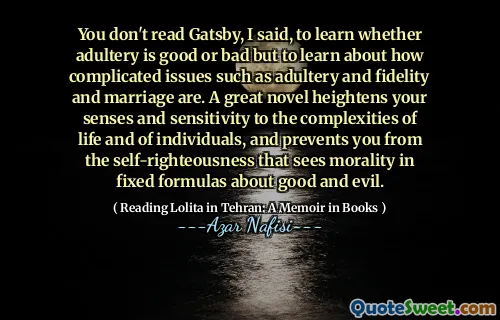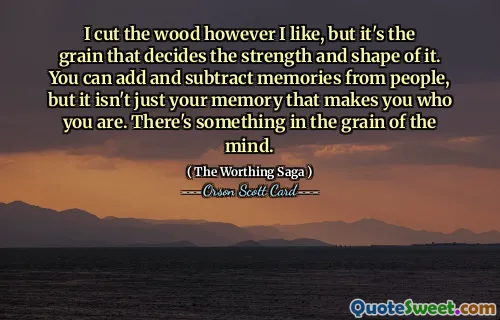The mass State has no intention of promoting mutual understanding and the relationship of man to man; it strives, rather, for atomization, for the psychic isolation of the individual.
In "The Undiscovered Self," C.G. Jung emphasizes that the modern State does not foster interpersonal connections or mutual understanding among individuals. Instead, it appears to promote a culture of isolation, where people become increasingly disconnected from one another. This trend leads to a fragmented society, where genuine relationships and communal ties are weakened in favor of individualism. Jung’s critique highlights the potential dangers of this separation, suggesting that it can lead to a deeper psychological conflict within individuals. The lack of meaningful connection with others can result in a sense of alienation and loneliness, undermining the psychological well-being of society as a whole. Jung urges readers to consider the importance of fostering relationships that can counteract this isolation.
In "The Undiscovered Self," C.G. Jung emphasizes that the modern State does not foster interpersonal connections or mutual understanding among individuals. Instead, it appears to promote a culture of isolation, where people become increasingly disconnected from one another. This trend leads to a fragmented society, where genuine relationships and communal ties are weakened in favor of individualism.
Jung’s critique highlights the potential dangers of this separation, suggesting that it can lead to a deeper psychological conflict within individuals. The lack of meaningful connection with others can result in a sense of alienation and loneliness, undermining the psychological well-being of society as a whole. Jung urges readers to consider the importance of fostering relationships that can counteract this isolation.

